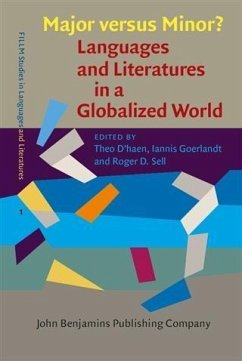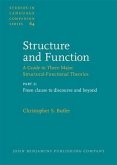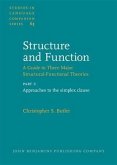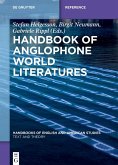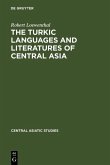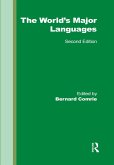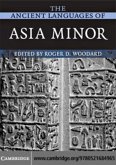Do the notions of "e;World Lingua Franca"e; and "e;World Literature"e; now need to be firmly relegated to an imperialist-cum-colonialist past? Or can they be rehabilitated in a practical and equitable way that fully endorses a politics of recognition? For scholars in the field of languages and literatures, this is the central dilemma to be faced in a world that is increasingly globalized. In this book, the possible banes and benefits of globalization are illuminated from many different viewpoints by scholars based in Africa, Asia, Europe, North America, and Oceania. Among their more particular topics of discussion are: language spread, language hegemony, and language conservation; literary canons, literature and identity, and literary anthologies; and the bearing of the new communication technologies on languages and literatures alike. Throughout the book, however, the most frequently explored opposition is between languages or literatures perceived as "e;major"e; and others perceived as "e;minor"e;, two terms which are sometimes qualitative in connotation, sometimes quantitative, and sometimes both at once, depending on who is using them and with reference to what.
Dieser Download kann aus rechtlichen Gründen nur mit Rechnungsadresse in A, B, BG, CY, CZ, D, DK, EW, E, FIN, F, GR, HR, H, IRL, I, LT, L, LR, M, NL, PL, P, R, S, SLO, SK ausgeliefert werden.

